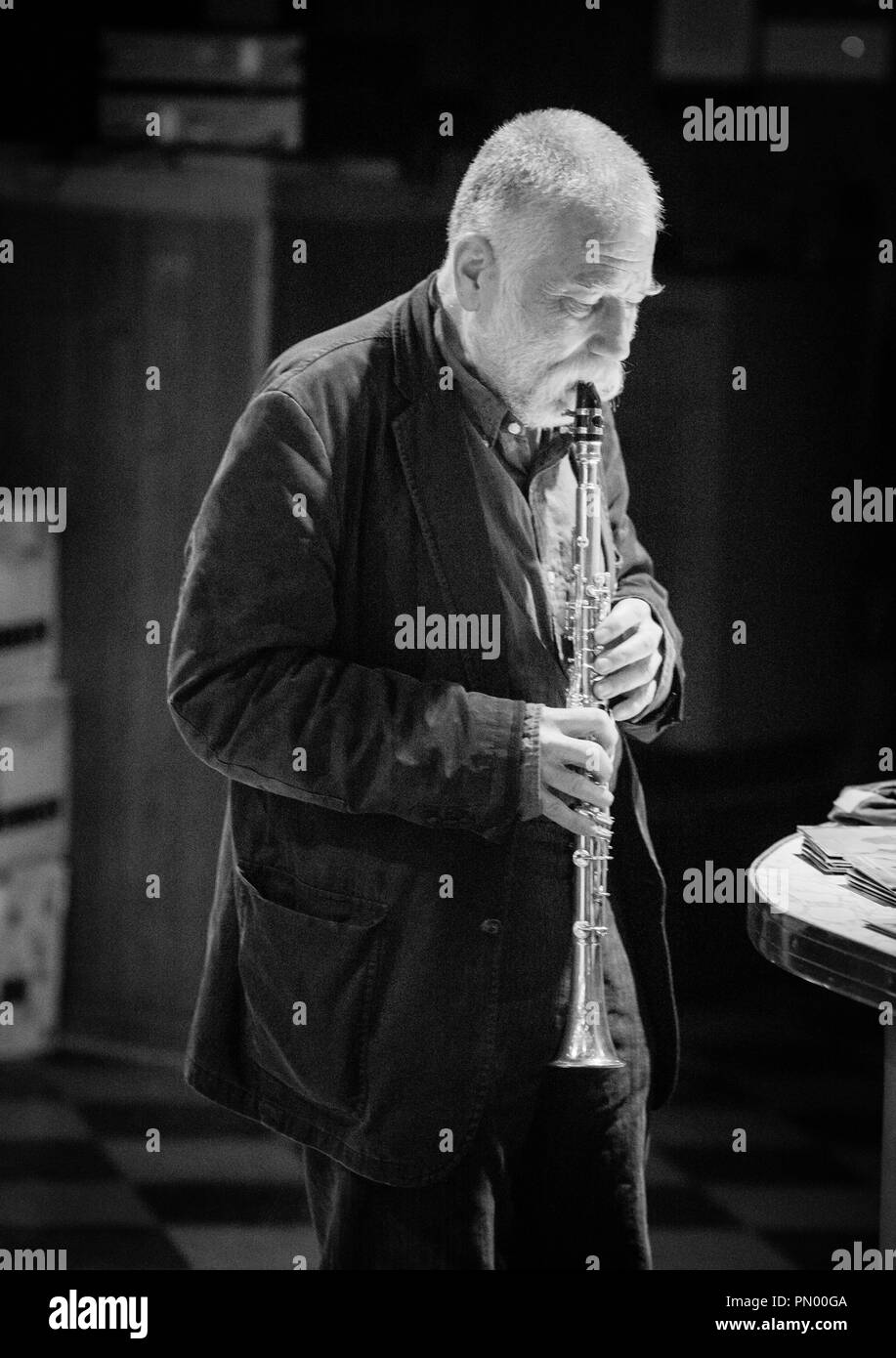

His torrential, incendiary language, partially borrowed from Albert Ayler's harshest tones after removing the lyrical subtleties, set the pace forīreuker's eleven-minute Music for Han Bennink Sven-Ake Johansson that recorded For Adolphe Sax (june 1967), containingįor Adolphe Sax (19 minutes) and Morning Glory (16 minutes),Īnd eventually merged into Alexander Schlippenbach's Globe Unity Orchestra. Who studied visual arts and joined the Fluxus movement,įorming in 1965 an influential trio with bassist Peter Kowald and drummer German extremely dissonant saxophonist Peter Broetzmann (1941),

The Brain of the Dog In Section (2011), 5.5/10Įars are Filled With Wonder (2015), 5.5/10Ĭonversations About Not Eating Meat (2016), 5/10 The Worse the Better at Cafe OTO (2010), 5/10 Still Quite Popular After All These Years (2004), 5/10 Never Too Late but Always Too Early (2001), 5/10 Little Birds Have Fast Hearts (1997), 5.5/10 The New York Street Percussionists (1990), 5/10įragments of Music, Life, and The Death of Albert Ayler (1993), 5.5/10Įvolving Blush or Driving Original Sin (1996), 5/10 Up and Down the Lion - Revised (1979), 5/10 The Nearer the Bone the Sweeter the Meat (1979), 5/10
Peter brotzmann pica pica plus#
( Copyright © 2006 Piero Scaruffi | Terms of use)īroetzmann/ van Hove/ Bennink (1973), 5.5/10Įin Halber Hund Kann Nicht Pinkeln (1977), 5/10ģ Points and a Mountain Plus (1979), 5.5/10 Peter Broetzmann: biography, discography, review, ratings Single line vamps, circular drumming, and even a theme.The History of Jazz Music. It's like a vanguard nursery rhyme ditty played by drunk men. Brötzmann's title piece is a scant four minutes, but it's a fun four minutes. It becomes a full-blown improvising section to that point until some semblance of silence registers itself between the three with moaning by Mangelsdorff to carry it out and back with all three shouting like there is no tomorrow through their instruments. This becomes a full-fledged drum solo until about 3:22, when the trombonist enters with a smattering of notes that are rooted in blues phrasing, and continued as a duet until 7:10 or so when Brötzmann kicks back in wailing and shouting through the horn before Mangelsdorff reenters at about 7:50 or so. "Wie du Mir, So Ich Dir Noch Lange Nicht," begins withy a long, quiet cymbal whisper by Sommer that begins to pop and groove after a minute or so, rhythmically moving in a single direction: toward swinging. This is most evident on the opening piece, "Instant Tears," where the saxophonist gets his way often, but he's made to work for it instead of just playing louder than anybody else. He even feeds off of some of Mangelsdorff's melodic lines to move his harsh blowing somewhere else. As Brötzmann blows his guts out, he gets reined in over and again by the repetitive phrases, short lines and fills of the trombonist. Of course, this is a blowing session that took place at a German Jazzfest and those contrasts work here to the betterment of the music. There is an interesting contrast of styles here, given the formalist tradition Mangelsdorff came from and the staunch vanguardism of Brötzmann and Sommer.
Peter brotzmann pica pica series#
This chapter in Atavistic's Unheard Music Series is the CD issue of a 1982 album by saxophonist Peter Brötzmann, trombonist Albert Mangelsdorff, and drummer Günter "Baby" Sommer.


 0 kommentar(er)
0 kommentar(er)
